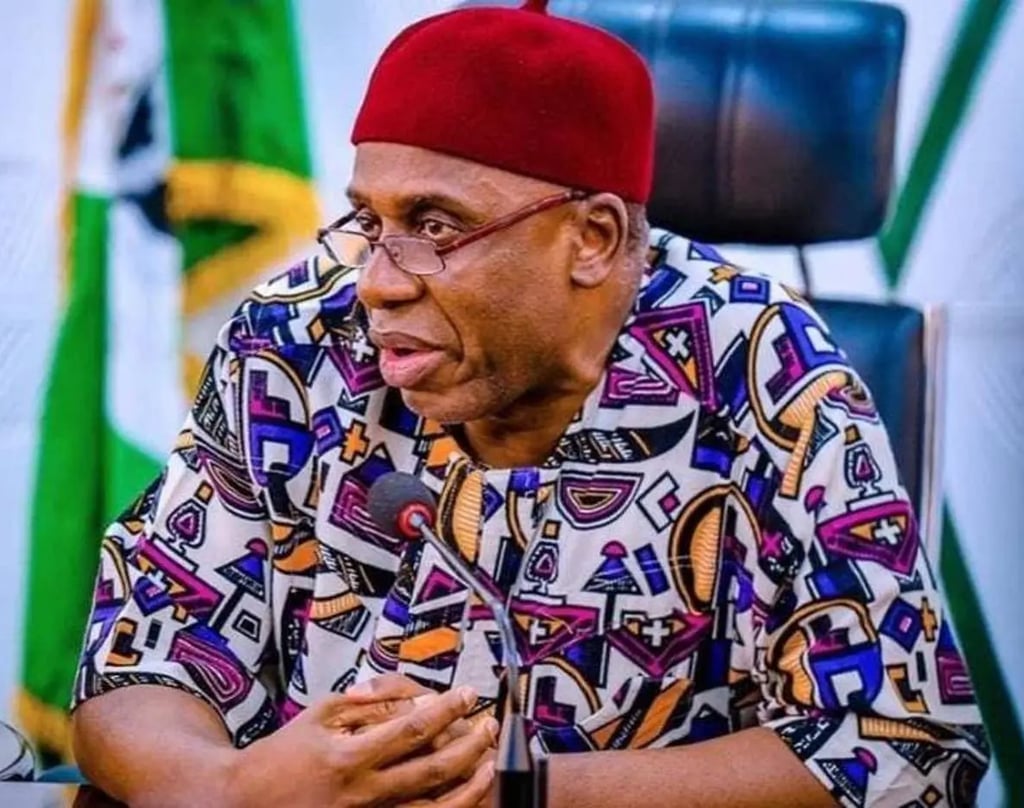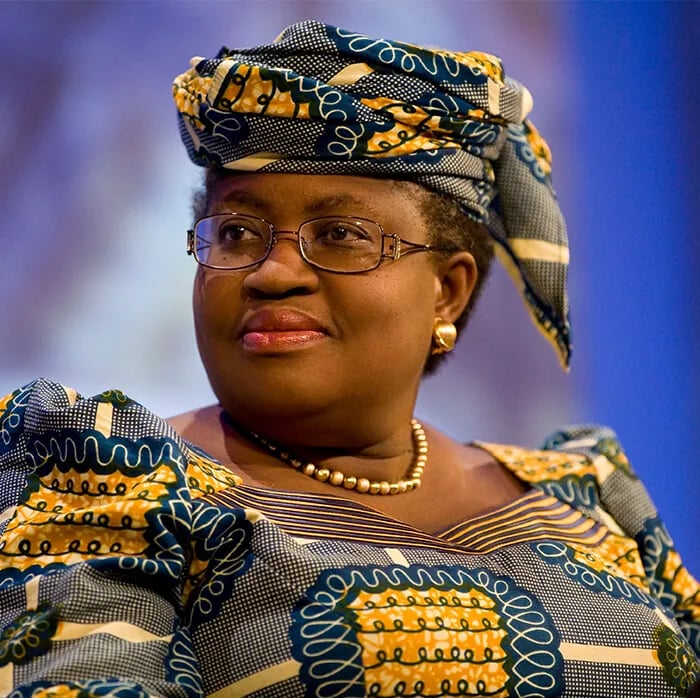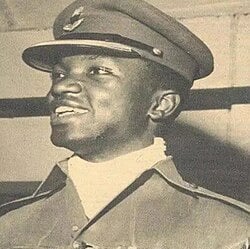On Amaechi and Others: “I Am Politically Igbo,” but Not Igbo
What do Rotimi Amaechi, Major Nzeogwu, and Dr. Ngozi Okonjo-Iweala have in common—and why do some of their own people reject the Igbo identity? In this blog, I have tried to dive deep into one of Nigeria’s most sensitive identity debates and link it to similar global struggles from Rwanda to the U.S. The answers might surprise you.


Rotimi Amaechi, the former Rivers State governor and federal minister, as well as an influential politician, reportedly said, “I come from a minority in Nigeria, by birth I am an Ikwerre man, but politically I am from Igbo.” He added, “I could decide to appear in an Isi-agu attire and visit Onitsha, asking them to vote for me, and they will vote for me.” The man is 100% correct.
Amaechi’s statement captures the changeable yet troubled terrain of ethnic identity in southern Nigeria. In many regions of Rivers, Bayelsa, Delta, Akwa Ibom, Cross River, and Benue states, there are communities with Igbo names, customs, and languages.
Yet, many of the indigenes strongly resist the Igbo label. Some consider such labeling an erasure of their unique heritage or a threat to their political autonomy, especially given the historical baggage of the Nigerian Civil War and the widespread resentment or suspicion toward the Igbos across various Nigerian ethnic groups.
While mainstream Igbos from states like Abia, Imo, Anambra, Enugu, and Ebonyi often regard members of these communities as “lost brothers,” some members of the communities themselves may see the Igbo identity as socially burdensome or politically dangerous, leading to what can appear as denial or even hostility toward their perceived Igbo ethnic kin.
A look at how Major Nzeogwu and Dr. Okonjo-Iweala are regarded in Nigeria will show that Amaechi is correct.




Major Chukwuma Nzeogwu
Dr. Ngozi Okonjo-Iweala
Major Chukwuma Nzeogwu and Ngozi Okonjo-Iweala
Politically, Major Nzeowu is readily regarded by all Nigerians as Igbo. However, many people from his village in Anioma in today’s Delta State will deny that they are Igbo, while not contesting that Nzeogwu was Igbo. Regardless, mainstream Igbos regard Nzeogwu as a beloved brother, irrespective of what he did in 1966. On the other hand, the renowned Dr. Ngozi Okonjo-Iweala, who also belongs to the same Anioma community as Nzeogwu, is not typically recognized politically as an Igbo in mainstream Nigeria.
In fact, I remember a gentleman from the Middle Belt state of Benue in Nigeria who once ridiculed Igbos for daring to claim Iweala as one of their own. Yet, when asked whether Nzeowu was Igbo, he wasted no time saying yes. He was embarrassed when he was informed that both Nzeogwu and Okonjo-Iweala were from the same community.
But this crisis of identity is not unique to Nigeria.
Rwanda and Burundi
In Rwanda, the colonial-era divide-and-conquer construction of ethnic and political categories—Hutu, Tutsi, and Twa—created lasting confusion and deadly consequences. Although Hutus and Tutsis often shared language, religion, and even intermarried, colonialists emphasized physical differences and codified identities into rigid legal and political categories. The genocide and civil wars amongst these brothers and sisters resulted in at least a million deaths.
Spain
In Spain, Galicians and Catalans share many features with other Spaniards. Yet they have long asserted distinct identities, language rights, and, in some cases, even independence.
The Bosniaks, Serbs, and Croats
In the Balkans, Bosniaks, Serbs, and Croats—who speak nearly identical languages—define themselves primarily by religion and historical memory, rather than by linguistic or genetic distinctions.
The United States
In the United States, many fair-skinned African Americans once passed themselves as white to avoid racial persecution. Today, many African Americans detest being called “African Americans.” They insist they are “Blacks,” not wanting to be associated with Africa in any way. Some of them are even more antagonistic towards “Africans” and African immigrants than even members of the white supremacist KKK might be.
Spain
In Spain, Galicians and Catalans share many features with other Spaniards. Yet they have long asserted distinct identities, language rights, and, in some cases, even independence.
The Bosniaks, Serbs, and Croats
In the Balkans, Bosniaks, Serbs, and Croats—who speak nearly identical languages—define themselves primarily by religion and historical memory, rather than by linguistic or genetic distinctions.
The Rohingya People of Myanmar
In South Asia, the Rohingya people of Myanmar are linguistically and culturally related to Bengali Muslims of Bangladesh. But Myanmar’s political elite have denied them citizenship and branded them outsiders.
Ethiopia
In Ethiopia, debates persist over whether the Oromo and Amhara people should be seen as separate "nations" or as strands within a pan-Ethiopian identity.
Each case reflects a contested boundary between self-identification and external categorization, usually magnified by political interests, historical wounds, or fears of domination.
How Can We Explain These Problems?
It is often my style to explore several theories in an effort to understand complex phenomena.
Social identity theory helps illuminate these dynamics. Proposed by Henri Tajfel, the theory explains how individuals derive part of their self-concept from perceived group membership. When that group is stigmatized or marginalized—as the Igbos have been in post-civil war Nigeria—individuals may either over-identify to reclaim pride or dis-identify to avoid stigma.
Symbolic interactionism also plays a role: names, dress, and language are all socially constructed signs through which identity is negotiated, affirmed, or rejected. Ethnic denial in minority regions may also be explained by historical trauma and "reactive ethnicity," a psychological defense mechanism where communities redefine themselves in opposition to a dominant or resented group.
In all these cases, identity is not fixed but fluid, constantly shaped by power, memory, and the human need for both belonging and distinction.
So, Amaechi is correct: He is Igbo, but not Igbo. It all depends.

